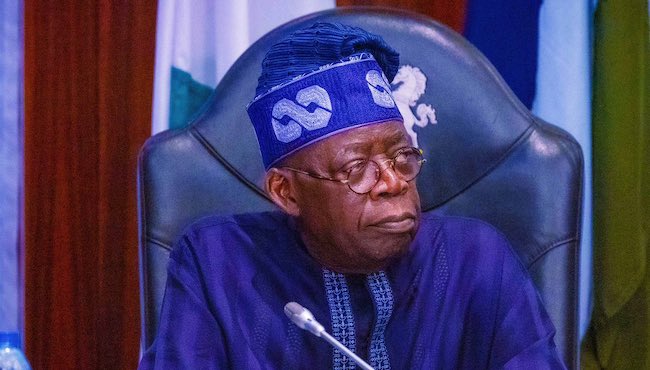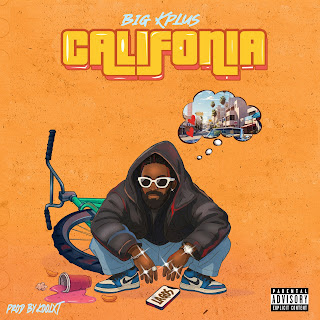Northern Leaders Chart a New Course: Evaluating Alternatives for Nigeria’s 2027 Presidency

Northern Leaders Chart a New Course: Evaluating Alternatives for Nigeria’s 2027 Presidency
As Nigeria looks toward the 2027 elections, northern political leaders appear to be distancing themselves from President Bola Tinubu’s administration. This shift raises questions about the political dynamics within Nigeria, potential presidential contenders, and the implications for the country’s democratic future.
Since Nigeria’s return to democracy in 1999, regional alliances have often shaped the political landscape. Northern leaders’ recent reconsideration of support for Tinubu reflects shifting political priorities and potential dissatisfaction with current leadership outcomes.
A critical factor in this shift involves Tinubu’s policy record. While his administration has implemented key reforms, northern stakeholders are closely evaluating areas where they feel expectations have not been met, particularly in terms of economic growth, security, and regional representation.
Emerging contenders from the North—those with strong local ties and reformist agendas—are becoming potential alternatives. Northern leaders appear to be considering figures who can balance regional interests with national development, aiming to steer Nigeria toward a stable and inclusive future.
A unified northern bloc could greatly influence the 2027 presidential race. With Nigeria’s demographic and economic diversity, this bloc’s decisions could shape party dynamics, alliances, and electoral outcomes across the country.
The potential for new leadership also brings renewed scrutiny to the state of Nigeria’s democracy. Voters are watching how parties engage with this shift and how leaders articulate visions that respond to widespread concerns, ultimately reinforcing accountability in governance.
The shift among northern leaders suggests a dynamic recalibration of Nigeria’s political future. As discussions continue, the country faces a significant moment for democratic growth, with the potential to set a course toward balanced leadership, responsive governance, and regional cooperation.
Do you find Tmaq Media useful? Click here to give us five stars rating!



















